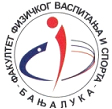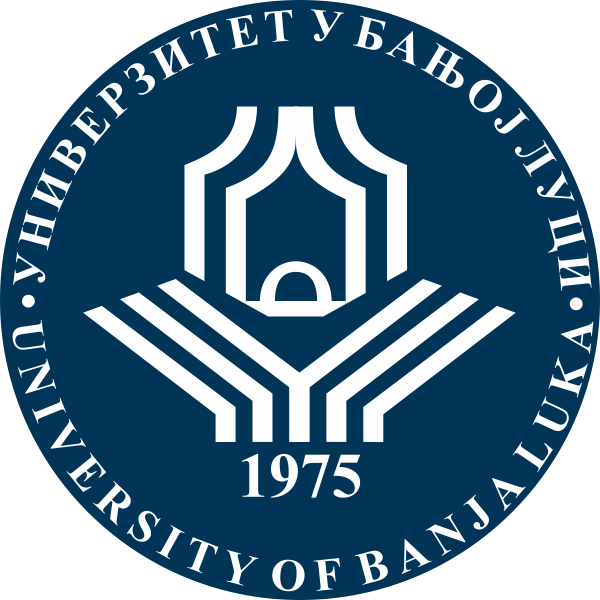SportLogia
Vol. 10, Issue 1, June 2014.
SPORT IN TRANSITIONAL SOCIETIES - DISAPPEARANCE OF ROLE AND LOSS OF RESULTS
Miloš Šolaja1
1Faculty of Political Sciences, University of Banja Luka, Bosnia and Herzegovina
Original SCIENTIFIC PAPER
doi: 10.5550/sgia.141001.en.001S
UDC: 796/799:316.74
Summary
Looking at the social transition as a complex network of social changes in all aspects of social life a comparison of changes in the field of sport in post-socialist societies in transition in relation to the developed system of sport on a global level, especially after the end of the Cold War and the major structural changes in early 90s of the 20th century, comes as a necessity. If the transition in post-socialist societies is looked at as a need to depart from the collectivist values of the failed global project of socialism toward the direction of the values of liberal democracy, it becomes visible that the social subsystem of sport has remained untransformed and underdeveloped; an indicator of unsuccessfully implemented transformations and, at the same time, an obstacle to development. In most transition countries, which have not yet reached the social standards necessary for European integrations, the sport has not achieved the role it should have in the societies of liberal democracy and market economy either, despite the fact that it has become part of European and international policies in the field of sport. This paper should point at the framework of values within which the social subsystem of sport is coming into being in transitional post-socialist societies, at the relationship between the sport and the society, the value and economic role of sport in the political system, and, at the same time, explore why the sport is neglected in transition countries as an area to which international integrations spread out, i.e. the extent to which this is conflicting with the values that are in the origins of sports as well as the manner in which it is corresponding with those that transitional societies have opted for.
Key words: consumerism, profit, sport, system, transformation, transition, values.
References
Baudrillard, J. (1993). The transparency of evil.
London, Great Britain: Verso.
Baylis, J., & Smith, S. (2001). The globalization of world politics. New York, NY: Oxford University Press.
Grujić, M. (2013). Organization, financing and ownership of sports clubs in the stock market. In S. Simovic and V. Stankovic (Eds.), 4th International Scientific Conference ”Anthropological aspects of sports, physical education and recreation” (pp. 52–64). Banja Luka, Bosnia and Hezgeovina: Faculty of Physical Education and Sport.
doi: 10.5550/SP.4.2012.06![]()
Giulianotti, R. (2008). Sport – kritička sociologija [Sport - critical sociology]. Belgrade, Serbia: CLIO.
Herring, E. (1994). International security and democratisation in Eastern Europe. New York, NY: St. Martin s Press.
Hoberman, J. (1995). Toward a theory of olimpic internationalism. Journal of Sport History, 22(1), 1-37.
Jameson, F. (1991). Postmodernism or the cultural logic of late capitalism. London, Great Britain: Verso
Koković, D. (2000). Sociologija sporta [Sociology of sport]. Belgrade, Serbia: Sportska akademija.
Koković, D. (2004). Sport i mediji [Sports and
media]. Novi Sad, Serbia: Fakultet za uslužni biznis
Kovačević, B. (2000). Sociologija sporta [Sociology of sport]. Banja Luka, Bosnia and Herzegovina: Centar za stručno obrazovanje i usavršavanje trenera – Centar za sport.
Pavlović, R. (2007, September 3). Peta svetska privredna grana [The fifth global industry]. Politika online. Retrived from: http://www.politika.rs/rubrike/Sport/30098.sr.html
Skembler, G. (2007). Sport i društvo [Sport and
society]. Belgrade, Serbia: CLIO.
Sklair, L. (1995). Sociology of the global system.
Baltimore, MD: John Hopkins Universitz Press
Šolaja, M. (2001). Globalizacija, saveremeni mediji i savremeni sport. Defendologija, 4(10), 205–214.
Šolaja, M. (2013). Sport in a neo-liberal post-socialistinternational context. In S. Simovic and V. Stankovic (Eds.), 4th International Scientific Conference ”Anthropological aspects of sports, physical education and recreation” (pp. 72–82). Banja Luka, Bosnia and Hezgeovina: Faculty of Physical Education and Sport. doi: 10.5550/SP.4.2012.08![]()
General Assembliy Resolution of United Nations. (1994). Sport for development i peace. No. 19431. Retrived from http://www.un.org/wcm/content/site/sport/home/resourcecenter/resolutions/ pid/19431.
Whitehead, L. (1994). East-Central Europe in
comparative perspective. New York, NY: St. Martin's Press..




